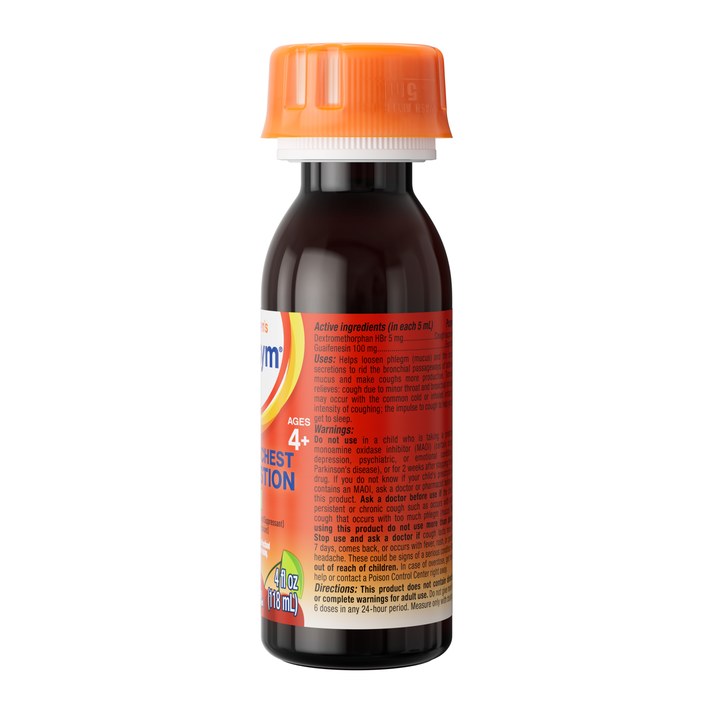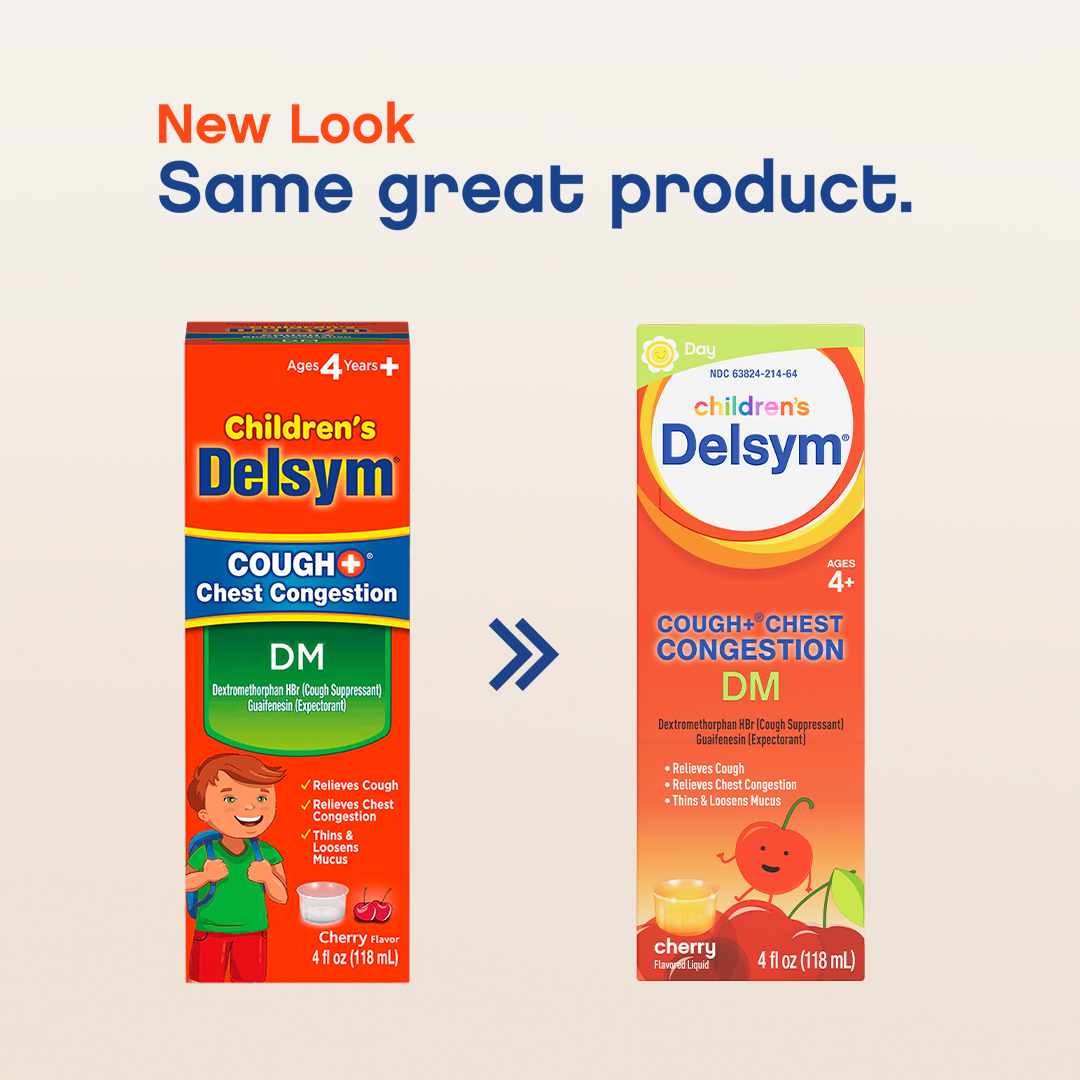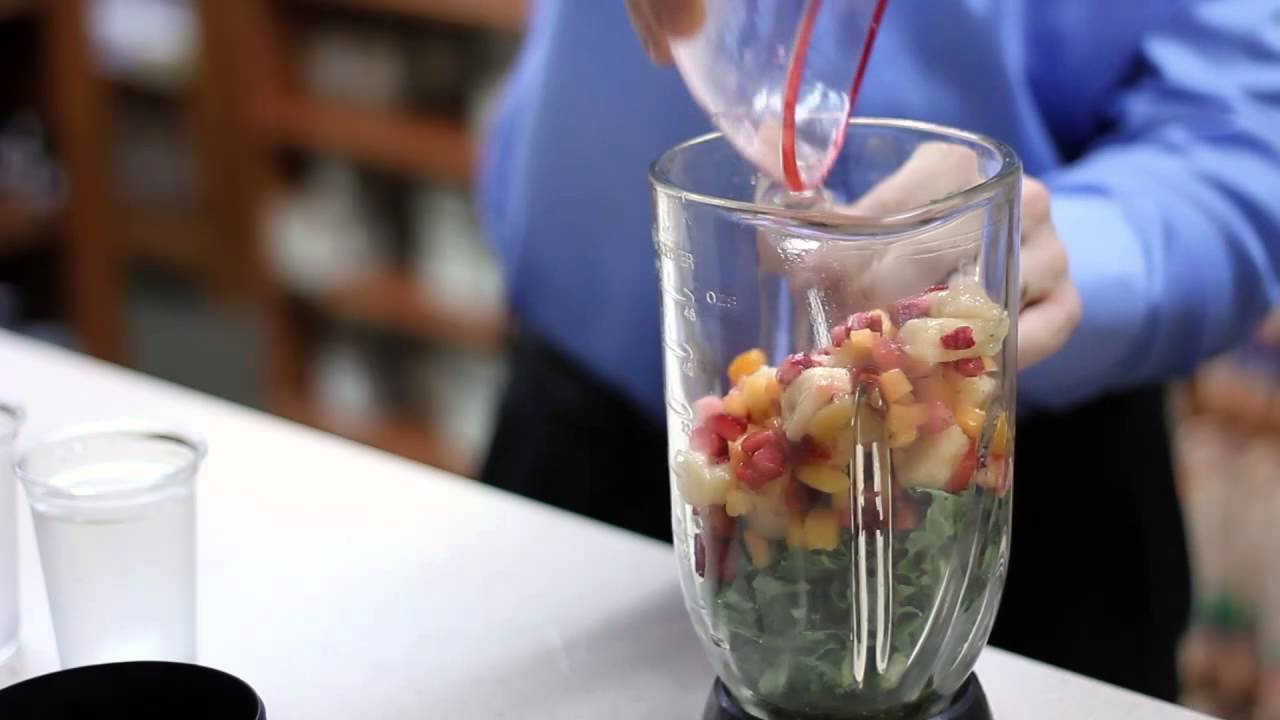Essential Guide to How to Get Phlegm Out of Toddler Chest
Understanding Toddler Cough and Chest Congestion
Coughing is a common symptom in toddlers, often accompanied by **chest congestion** and phlegm. With their developing immune systems, children are prone to respiratory infections that lead to **mucus in children**. Parents often find themselves searching for effective **phlegm removal** strategies to help their little ones recover comfortably. Understanding the signs of respiratory distress, recognizing common cough causes, and knowing when to consult a pediatrician plays a crucial role in managing your toddler’s health. Early intervention not only helps alleviate discomfort but can also shorten the duration of illness.
Common Causes of Cough in Toddlers
Toddlers are susceptible to a variety of infections, including the common cold and flu, leading to cough and **chest congestion**. Allergies, asthma, and exposure to secondhand smoke can exacerbate symptoms. Moreover, listening carefully to the nature of the cough can give insights into potential issues. For example, a dry cough may signal allergies, whereas a wet cough often indicates **mucus** buildup. Recognizing these patterns can guide you in deciding whether to proceed with home remedies or seek **pediatrician advice**.
When to Seek Medical Attention
Monitoring your toddler’s cough is essential to ensure their safety. Signs such as difficulty breathing, persistent high fever, or coughing up blood warrant immediate medical attention. Likewise, if the cough lingers beyond a week or is accompanied by **chest tightness**, these could signal a more serious condition like bronchitis or pneumonia. Remember that your pediatrician is an invaluable resource in determining the symptoms’ severity and advising on the necessary steps.
Effective Phlegm Removal Techniques
To alleviate discomfort caused by **chest congestion**, several effective methods can help clear phlegm from your toddler’s chest. From **steam inhalation** to proper hydration, these techniques aim to support your child’s **respiratory health** effectively. Ensuring toddlers stay comfortable and relaxed during recovery period is essential. Involving them in gentle activities can help manage discomfort while maintaining their watching habits.
Steam Inhalation and Humidifiers
**Steam inhalation** is a popular method to help loosen phlegm in the airways. You can create a steam-filled environment by running a hot shower and allowing your toddler to breathe in the moist air. Additionally, using a **humidifier for kids** at night can maintain moisture levels in their room, reducing irritability caused by dry air. Both methods encourage deep breathing, which aids in dislodging mucus. Excessive coughing can be eased using these techniques, creating a calming atmosphere for your child during recovery.
Warm Fluids and Nutritional Support
Maintaining hydration is crucial when tackling **phlegm removal**. Encourage your toddler to drink warm fluids such as herbal teas like **ginger tea for toddlers** or chamomile tea. Warm soups can also offer nourishment while effectively thinning mucus. It’s important to emphasize **the role of hydration** in your child’s recovery process, as well-hydrated tissues reduce irritation and promote easier phlegm clearance. Furthermore, nutritional support through a balanced diet tailored to a sick toddler may enhance their immune response.
Home Remedies for Toddler Cough
Often parents prefer natural remedies to address toddler cough, striving for soothing methods without filling their kid with medicines. Options such as **honey for cough** (for children over one year old) and **warm compress for the chest** can provide effective relief. Many parents have informal family prescriptions for home remedies that can soothe without side effects.
Utilizing Honey and Natural Herbal Remedies
**Honey**, known for its antibacterial properties, can soothe the throat and lessen coughing in toddlers. Just a teaspoon can make a significant difference. Complement this with **herbal remedies** like elderberry or elderflower syrup, both known for their efficacy against respiratory issues. Additionally, ensuring your child avoids allergens and irritants like smoke can send them on a path to recovery more swiftly.
Chest Physiotherapy Techniques
For stubborn **mucus** that refuses to budge, **chest physiotherapy** can be an effective method. This gentle tapping technique encourages mobilization of phlegm, making it easier for your toddler to cough it out. This approach not only provides relief but helps them understand how to clear their airways effectively. Teaching **toddlers to cough effectively** can help manage their symptoms while empowering them during their recovery.
Companion Techniques to Ease Cough Symptoms
Besides direct methods for **phlegm removal**, employing soothing techniques provides additional comfort for your sick toddler. Focus on creating a calming atmosphere and minimizing irritants that could worsen their **cough relief** efforts.
Using Essential Oils Safely and Effectively
Some parents find success using **essential oils for cough relief**. Oils like peppermint can provide a cooling effect, while eucalyptus aids in clearing the respiratory tract. When using these oils, ensure to dilute them properly and allow them to diffuse in the room—never apply directly to a child’s skin. These can enhance your child’s comfort level without introducing harsher medications.
Propping Toddler During Sleep for Better Breathing
An effective method for alleviating coughing during the night involves **propping your toddler during sleep**. Lore the elevated position aids in opening airways, making breathing easier. Use pillows specifically designed for children, which encourage a safe sleeping position that provides comfort while reducing cough disruption. This simple tip can lead to a more restful night’s sleep for both you and your toddler.
Key Takeaways
- Understanding causes and symptoms is vital for effective handling of your toddler’s **cough and chest congestion**.
- Several home remedies and hydration play a significant role in **phlegm removal**.
- Gentle techniques like **chest physiotherapy** and maintaining an ideal sleeping position can facilitate convalescence.
- Keep your child calm and supported during their illness to mitigate stress and discomfort.
- Consult your pediatrician whenever you’re in doubt about your child’s symptoms or treatment approaches.
FAQ
1. What are some early signs of infection in children?
Early signs of infection may include persistent fever, persistent cough, irritability, and reduced energy. If your toddler exhibits these symptoms along with **chest tightness** or difficulty breathing, it’s advisable to seek professional help to ensure appropriate management.
2. Are there safe cough medicines for toddlers?
Yes, there are **baby-safe cough medicines** recommended by pediatricians that can reduce symptoms. Always consult your pediatrician before administering any cough medicine to ensure it’s appropriate for your child’s age and condition, and be wary of side effects.
3. Can steam therapy help with toddler cough?
Absolutely! The **advantages of steam therapy** include helping to loosen phlegm and soothing inflamed airways. This method can comfort toddlers struggling with **chest congestion** and coughing fits, making it conducive to using in your home environment.
4. How important is hydration during a cough?
Hydration is critical during a cough as it helps thin mucus, promotes overall health, and comforts the throat. Encourage your child to drink warm liquids like herbal teas or soups, emphasizing **the role of hydration** in their recovery process.
5. What caution should be taken with using honey for cough?
While **honey** can effectively soothe coughs, it should never be given to infants under one year old due to the risk of botulism. Always check the age limits and preferences with your pediatrician before introducing honey into your child’s diet.
6. Are herbal teas safe for my toddler?
Many herbal teas, such as **chamomile** or **ginger tea**, can be safe and soothing for children. Ensure these are appropriately diluted and that you have verified their safety with your healthcare provider before introducing them to your toddler’s routine.
7. How can I prevent my toddler from getting sick?
Some preventative measures include encouraging regular handwashing, maintaining a balanced diet rich in fruits and vegetables, and ensuring timely vaccinations based on **pediatrician recommendations**. Keeping indoor air quality optimal and avoiding secondhand smoke are also key proactive steps.


